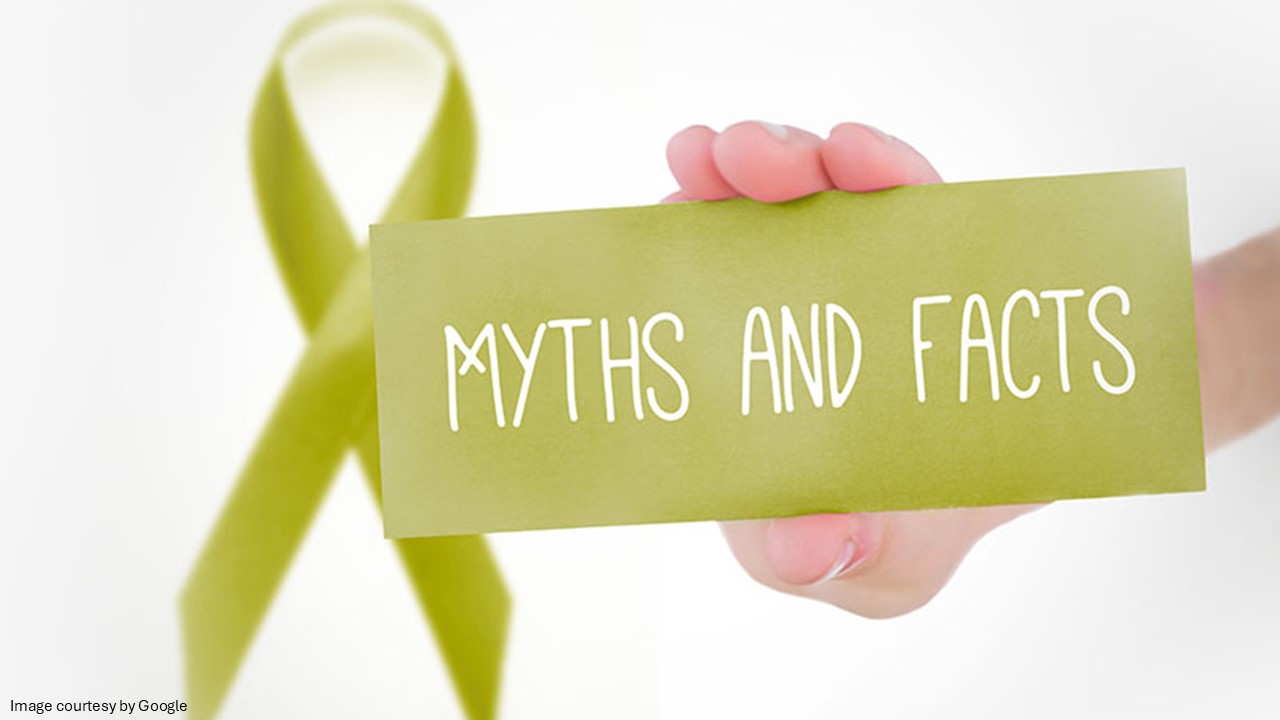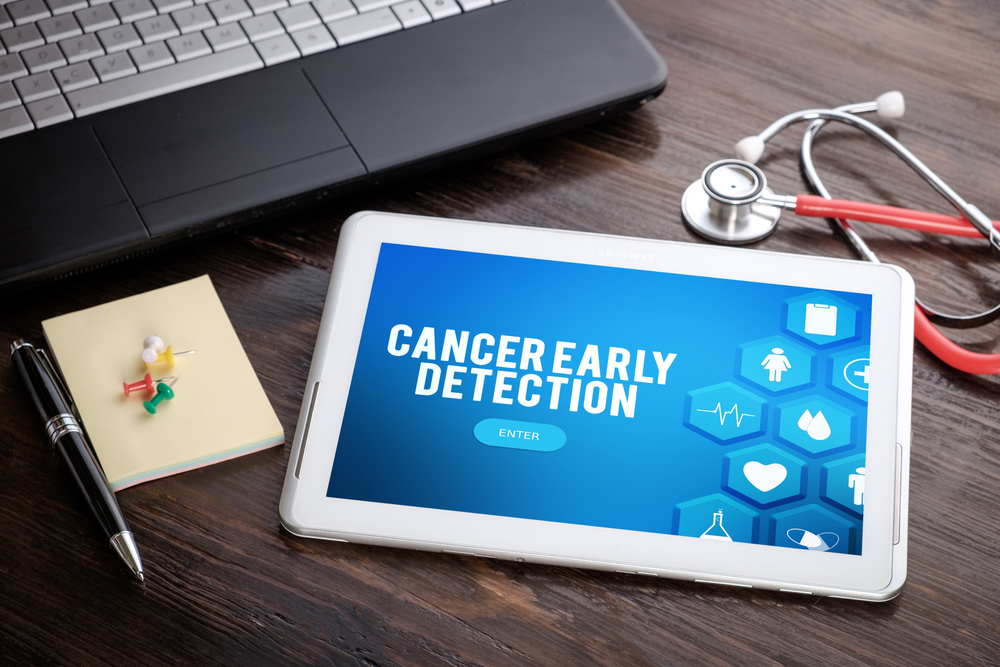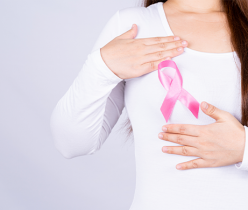There are many cancer myths, which can make life tough for cancer patients. Let’s debunk such myths and become aware of the facts about cancer.
Cancer is a disease where myths can bring an end to life. There is no doubt that cancer is still a challenge for doctors and researchers, despite advancements in anticancer treatment, but that doesn’t stop us from combating this life-threatening disease. A cancer diagnosis doesn’t mean that an individual is dealing with an incurable illness where death is the outcome. Moreover, people who have cancer often use internet information to make decisions about their health condition and treatment. You can find extensive information on research studies, healthcare specialists, treatment guidelines, anticancer medications, and complementary and alternative treatments. The not-so-good news is that.
A lot of information that passes for cancer information is made up of opinion, testimonials, and salesmanship and is not clinically documented. The misleading information can hurt you when it comes to cancer. It is always important to note that the information present online should not replace medical advice. If you have any health-related issues, please talk to your healthcare specialist. There is no other way to receive the same experience and care as having a face-to-face conversation with your healthcare professional, who can access your health history, understand your medical situation, examine you, and discuss your condition, how you feel, and your needs.
What are some myths about cancer? Below, we have compiled some myths encountered around the world. Let’s separate the facts about cancer and its treatment.
Myth 1: Cancer is always fatal
Fact: Though data suggest a sharp rise in cancer-related deaths, advancements in treatment options have made it possible for thousands of patients to get rid of the condition and live a healthy life. Recent advances in cancer research have enabled more patients to achieve a cure.
Myth 2: Cancer is contagious
Fact: Apart from cervical cancer caused by the human papillomavirus and liver cancer caused by the hepatitis B and C viruses, none of the other types of cancer are reported to be contagious. Blood transfusion, shared needles, and unprotected sexual intercourse are considered the common ways responsible for the spread of these cancers.
Myth 3: Pollution is a greater risk for cancer of the lung than smoking
Fact: Well, no doubt smoking increases the risk of lung cancer, but at the same time, the other pertinent factors, like heavy exposure to radon, arsenic, asbestos, uranium, genetic predisposition, passive smoking and lung scarring due to a prior health condition, can contribute to lung cancer.
Myth 4: Mild cigarettes are injurious to health
Fact: Light or mild cigarettes eventually progress to more dangerous ones due to the tendency of smokers to increase the duration of smoking. The risk of cancer can be reduced only by stopping smoking habits.
Myth 5: Injuries can contribute to cancer later in adulthood
Fact: According to research, most cancers result from the accumulation of genetic mutations and are independent of physical injuries. What causes cancer? Well, cancer is a genetic disease, but this doesn’t mean it is inherited. It develops when genes that manage cell activity change. They form abnormal cells that multiply, eventually affecting the body’s function. These cells form tumours. These cancerous cells tend to break away from tumours and travel to other areas of your body.

Myth 6: There are methods to reduce cancer risk
Fact: Quitting tobacco products, exercising regularly, eating healthy, using contraceptive measures during sexual intercourse, using sunscreen and avoiding intravenous use of drugs are effective at reducing the risk of cancer. These are some of the preventive measures that reduce the likelihood of developing cancer.
Myth 7: Biopsies aggravate cancer
Fact: Biopsies are considered a helpful diagnostic tool for detecting cancer. Ignoring biopsies may lead to late detection of the cancer and ultimately a poor prognosis of the disease process.
Myth 8: Every abnormal growth contributes to cancer
Fact: Benign tumours are incapable of spreading. If they cause any problems, these can be removed surgically.
Myth 9: Nausea, sickness, and pain are a part of cancer treatment
Fact: Every individual’s response to a particular treatment regimen is different. Use of antiemetics as part of recent advancements has made it possible to lower the adverse effects like nausea and sickness. Pain-relieving medicines, combined with lifestyle modifications such as regular exercise, improve patients’ quality of life.
Myth 10: Sugar feeds cancer cells
Fact: The fact about cancer is that sugar does not cause the development or spreading of cancer. Excessive consumption can give rise to obesity and, therefore, can increase the risk of cancer. Food with naturally occurring sugars, like fruits, vegetables, and whole grains, helps maintain muscle and weight during cancer treatment and has been proven effective in fighting cancer.
Myth 11: After receiving cancer treatment, one can’t live at home, work, or perform usual tasks
Fact: Many patients need hospital admission for treatment. At times, it may be helpful to travel to a cancer treatment centre. The fact is that many cancer patients may be treated on an outpatient basis. Research is still going on to make it easier for cancer patients to live a normal life during their treatment.
Conclusion
The cancer myths can be discussed with a clinical expert to find out the facts if you are doubtful about them. Cancer can be managed with effective care services, which would help identify the misleading information regarding cancer and help the patient learn about the disease and combat it with the right approach and confidence. Appropriate communication with a healthcare professional will help you know the facts about cancer, which is necessary to cope with the disease. According to the reports from the World Health Organisation (WHO), the majority of cancer cases are detected when they can’t be treated.
Gaining awareness against cancer and knowing cancer facts would help diagnose even in asymptomatic patients at an early stage. An early diagnosis, appropriate treatment measures, and timely use of antidiabetic medications would certainly lead to a better quality of life and enhance the chances of disease-free survival.




